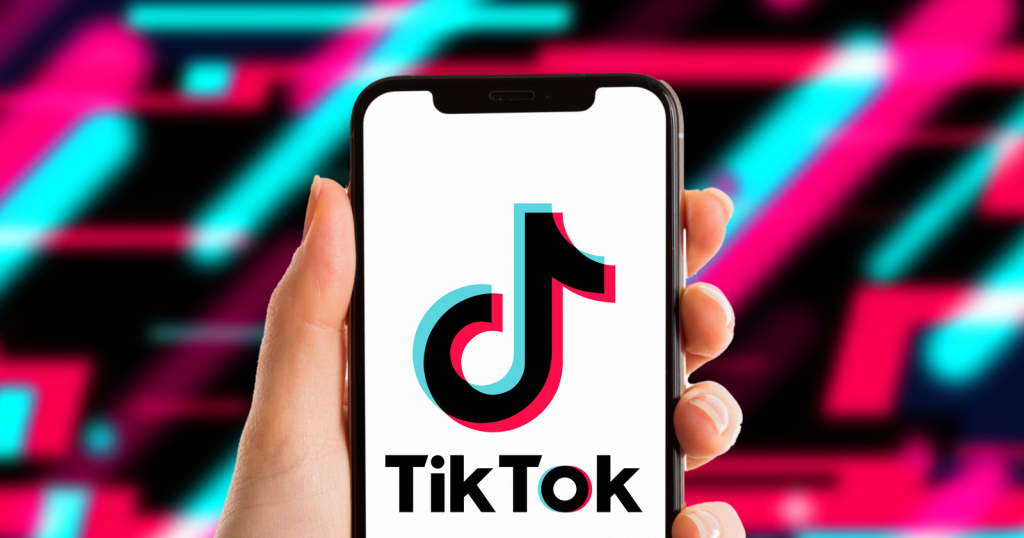US Bans China-Based TikTok App On All Federal Government Devices – TikTok has been banned on all federal government devices in the United States, with limited exceptions, after Joe Biden signed a $1.7tn (£1.4tn) spending bill featuring a provision that outlaws the China-based app due to mounting security concerns on Thursday. The ban, which was passed by Congress in a vote last week, is a significant move against the fastest-growing social media site in the world, as opponents voice concern that the Chinese government could access user data kept in China.
In the next two months, various government departments will establish guidelines for executing the ban. It will require federal personnel to remove TikTok from government-issued devices unless they are utilizing the application for national security or law enforcement purposes. It follows a flurry of legislative action against the platform in the United States, where more than a dozen governors have issued similar orders restricting the use of TikTok on state-owned devices by state personnel.
People Also Read: TikTok’s Parent Company Fires Four Workers for Improper Access of User Data
This week, Congress enacted legislation prohibiting TikTok on devices issued to House of Representatives members. Meanwhile, there has been a push to ban TikTok outright in the US, with legislation introduced by Senator Marco Rubio earlier this month to “ban Beijing-controlled TikTok for good.” That bill echoes moves from the previous administration, after Donald Trump issued an executive order in August 2020 prohibiting US companies from doing business with TikTok’s parent company ByteDance.
Later, in June 2021, Biden reversed the order on the condition that the US committee on foreign investment (CFIUS) perform a security analysis of the platform and recommend a course of action. Brooke Oberwetter, a spokesperson for TikTok, said in a statement that the CFIUS agreement, which is currently under review, would “meaningfully address any security concerns that have been raised at both the federal and state level.”
Brooke Oberwetter, a spokesperson for TikTok, said in a statement that the CFIUS agreement, which is currently under review, would “meaningfully address any security concerns that have been raised at both the federal and state level.” “We’re disappointed that Congress has moved to ban TikTok on government devices—a political gesture that will do nothing to advance national security interests—rather than encouraging the Administration to conclude its national security review,” she said. Although ByteDance is based in China, the company has long claimed all US user data is stored in data centers in Virginia and backed up in Singapore.
After BuzzFeed disclosed in June that China-based ByteDance personnel had accessed US TikTok user data many times between September 2021 and January 2022, political pressure resurfaced. Legislators are concerned that the Chinese Communist party could influence young users with pro-China information on its algorithmic homepage and gain access to sensitive user data.
“TikTok, their parent company ByteDance, and other China-based tech companies are required by Chinese law to share their information with the Communist party,” Senator Mark Warner said in July when calling for further investigation of the platform. “Allowing access to American data, down to biometrics such as face prints and voice prints, poses a great risk to not only individual privacy but to national security,” he added.
People Also Read: Texas Bans TikTok On Government Devices Amid China Data-Sharing Fears
The legislative pressure on TikTok comes as the app’s popularity has skyrocketed in recent years, collecting more than 1 billion users and showing a 45 percent growth in monthly active users between July 2020 and July 2022. It unexpectedly surpassed Instagram and Twitter in 2022 to become the most downloaded app in the world.
With the meteoric rise has come broad concerns about the app’s impact on its relatively young users. Nearly half of people between 18 and 30 in the US use the platform, a recent Pew Research Center report showed – and 67% of users between the ages of 13 and 18 use the app daily.




